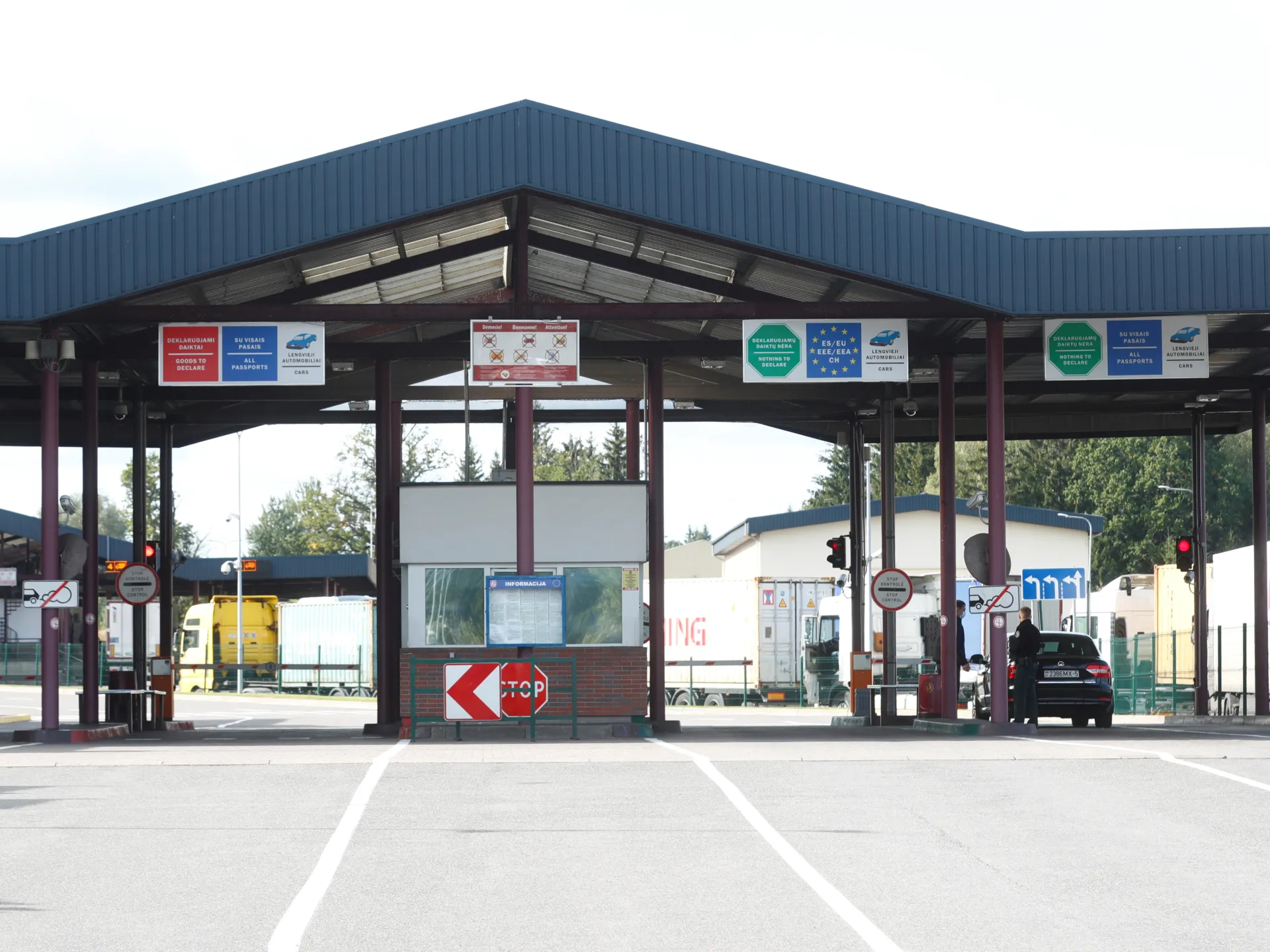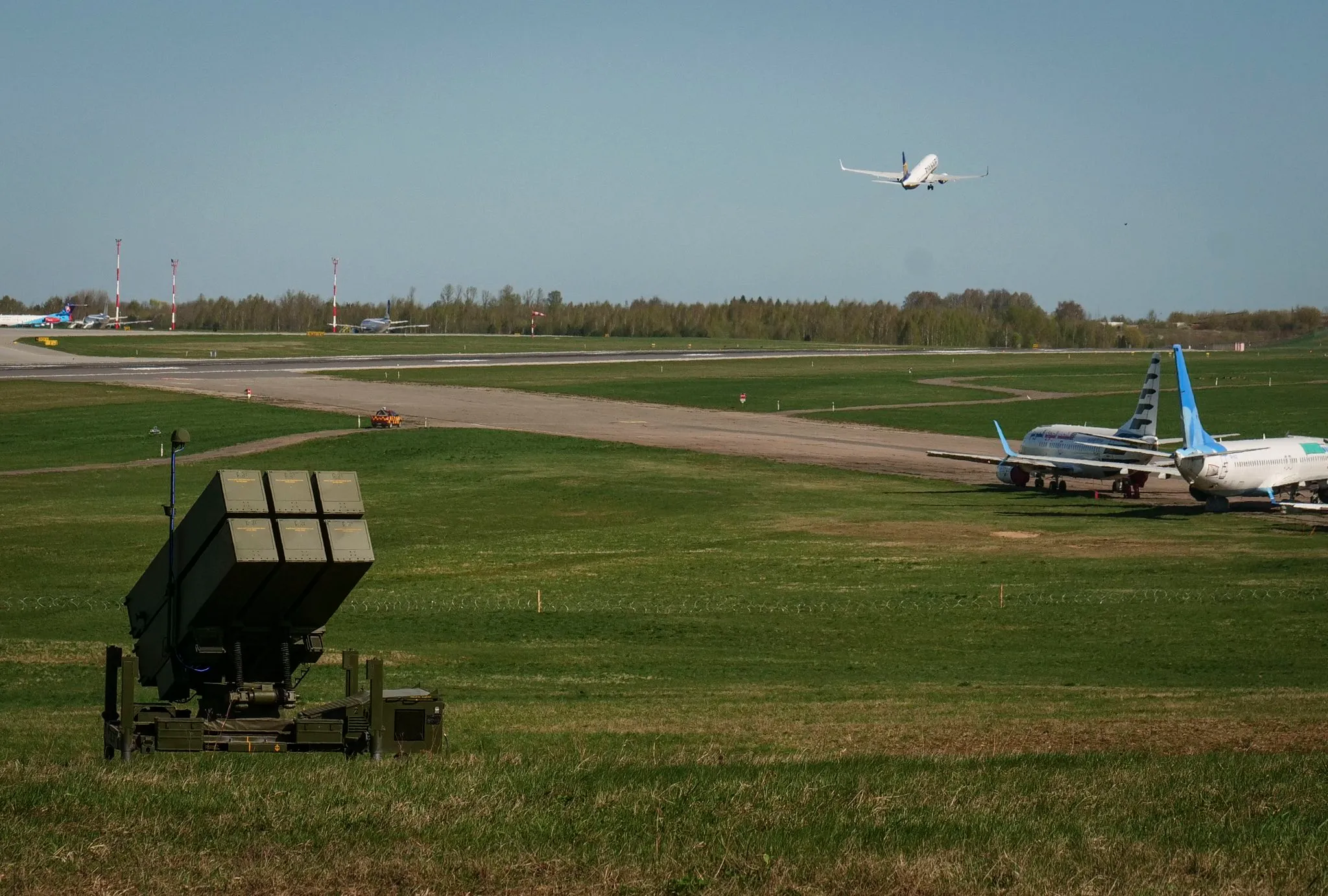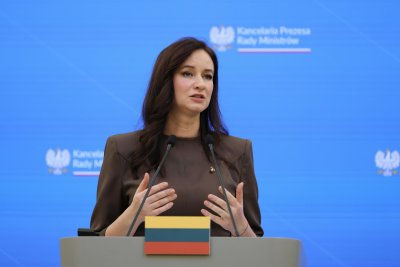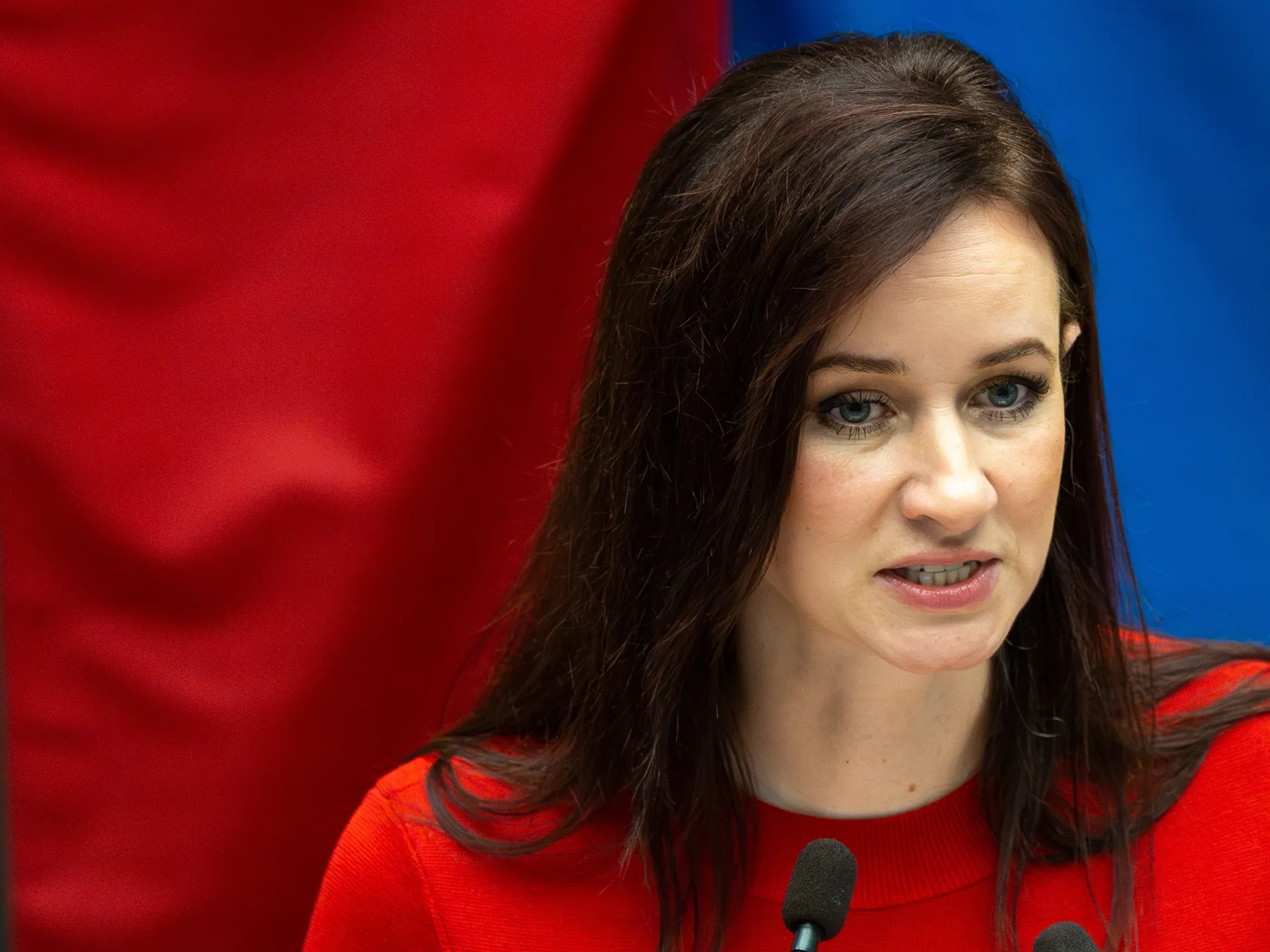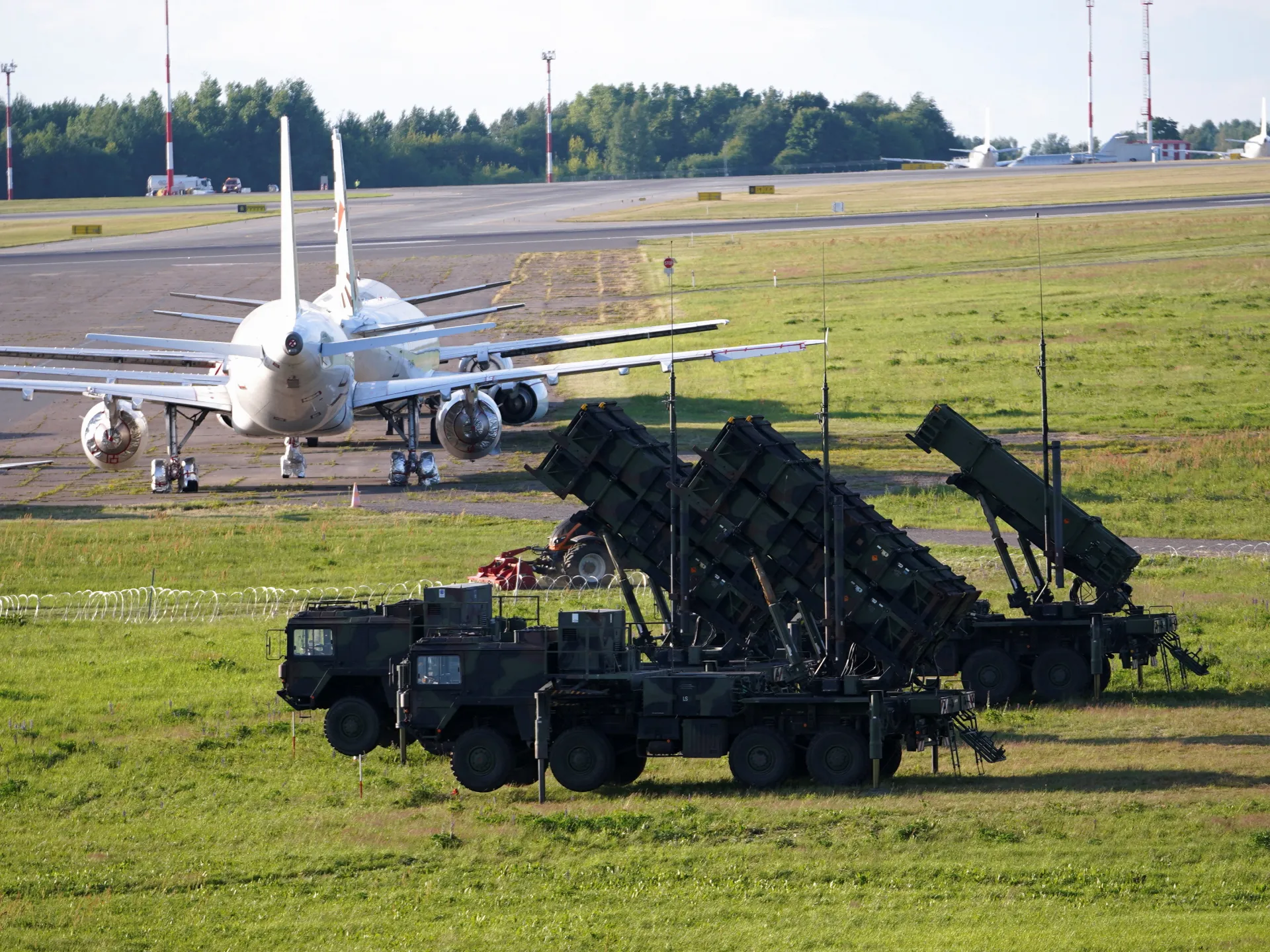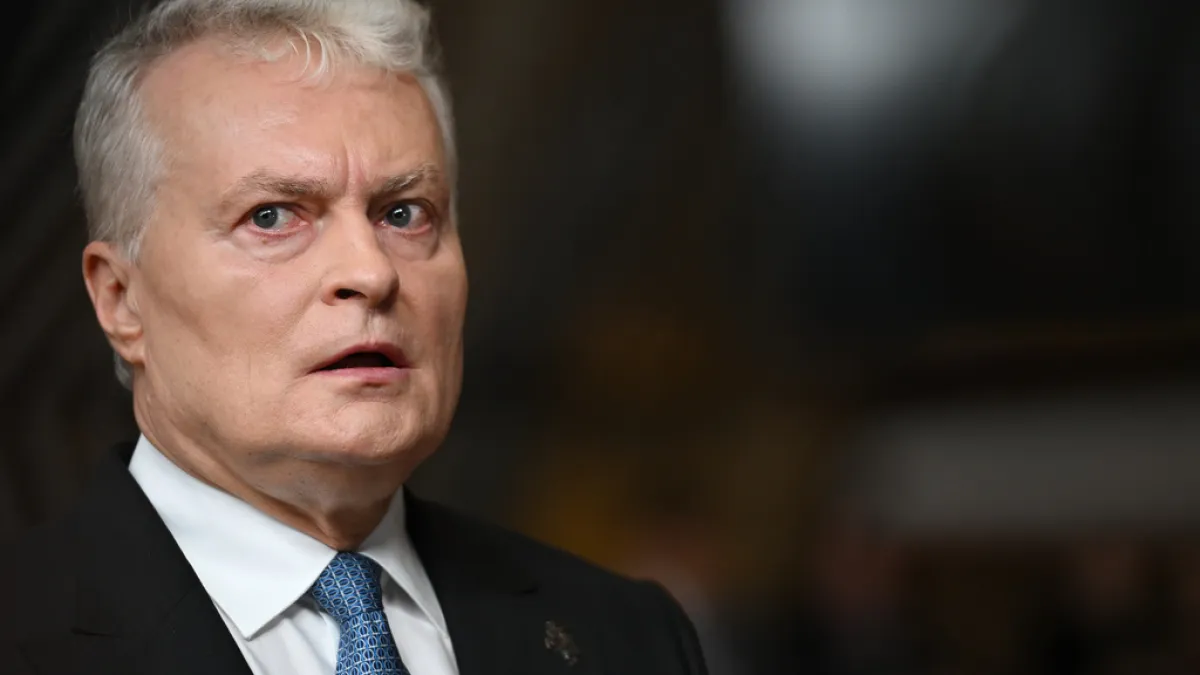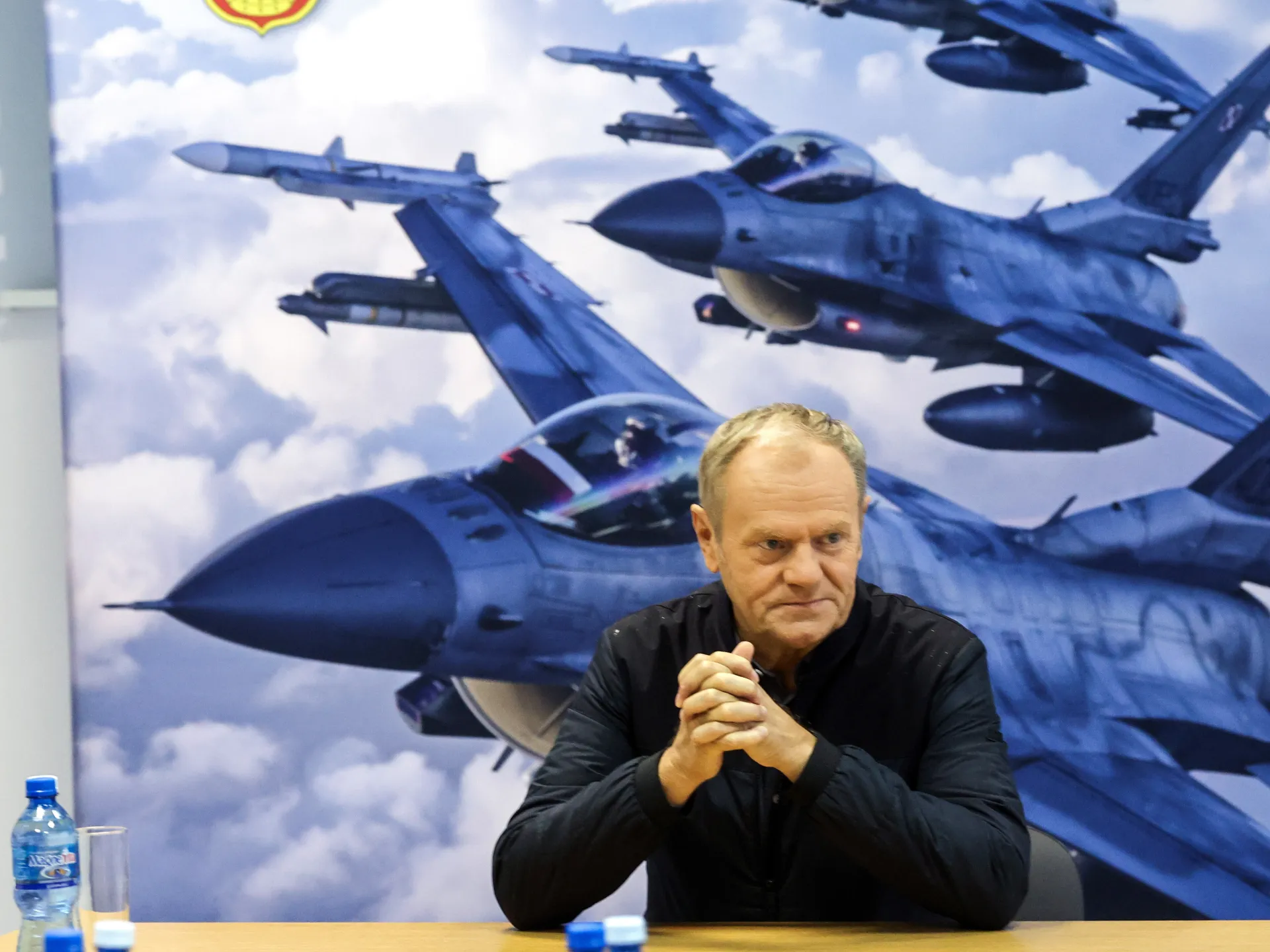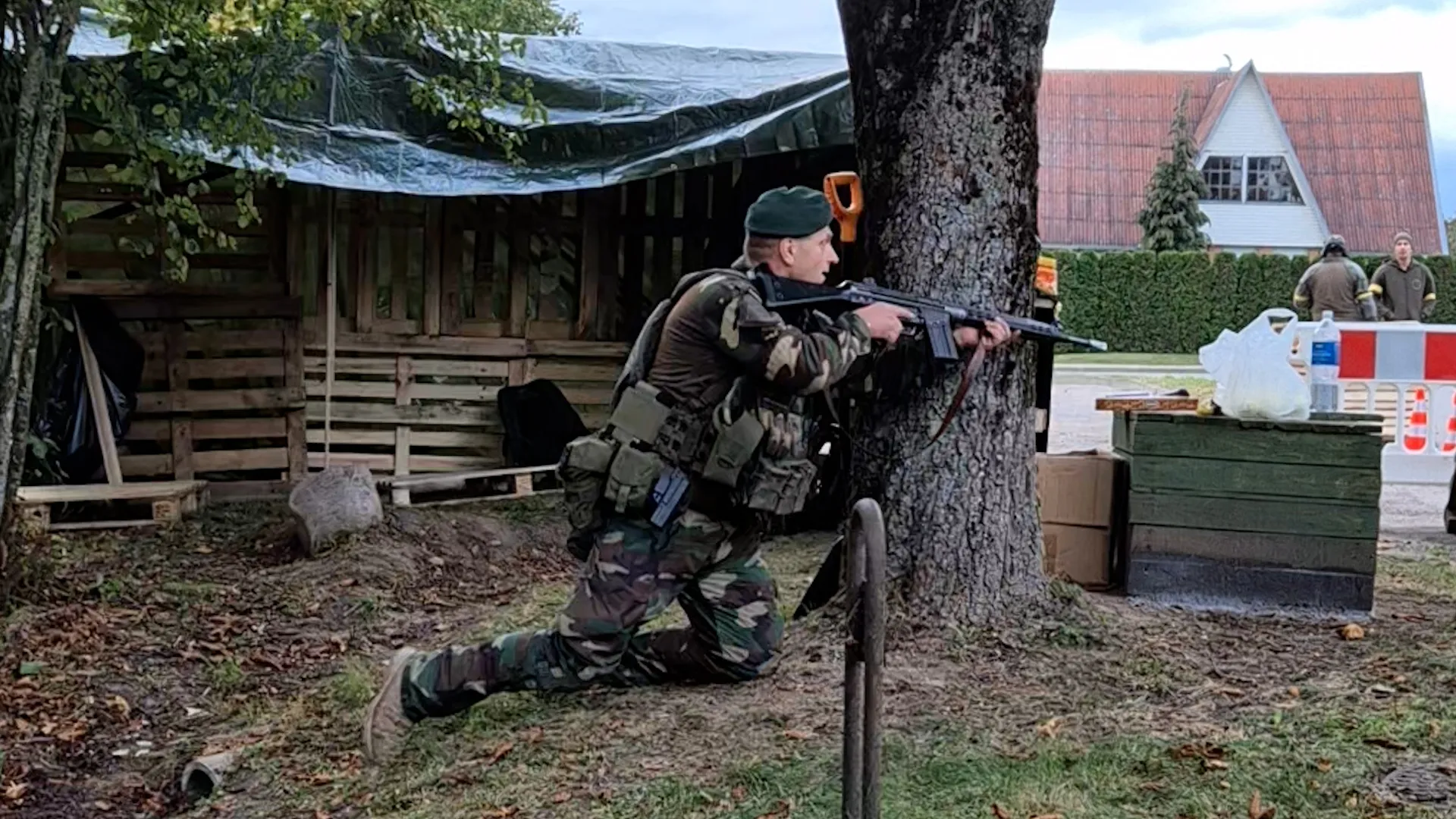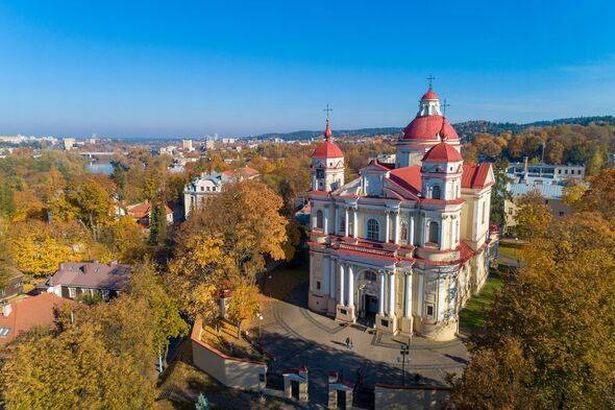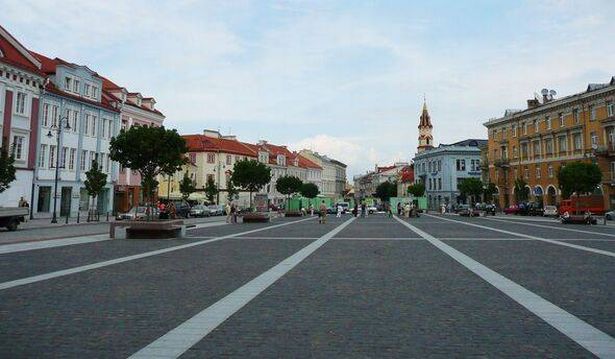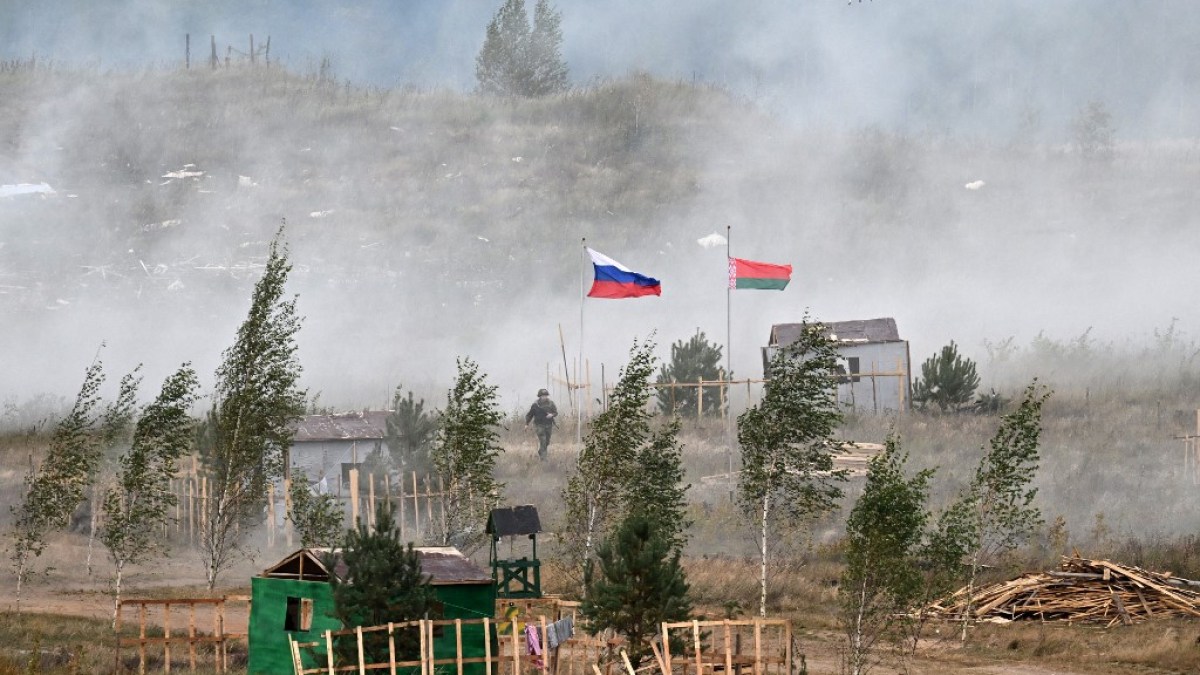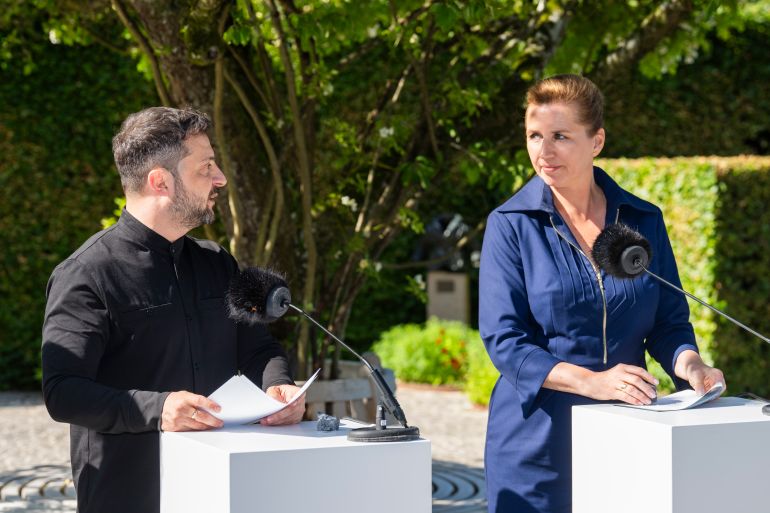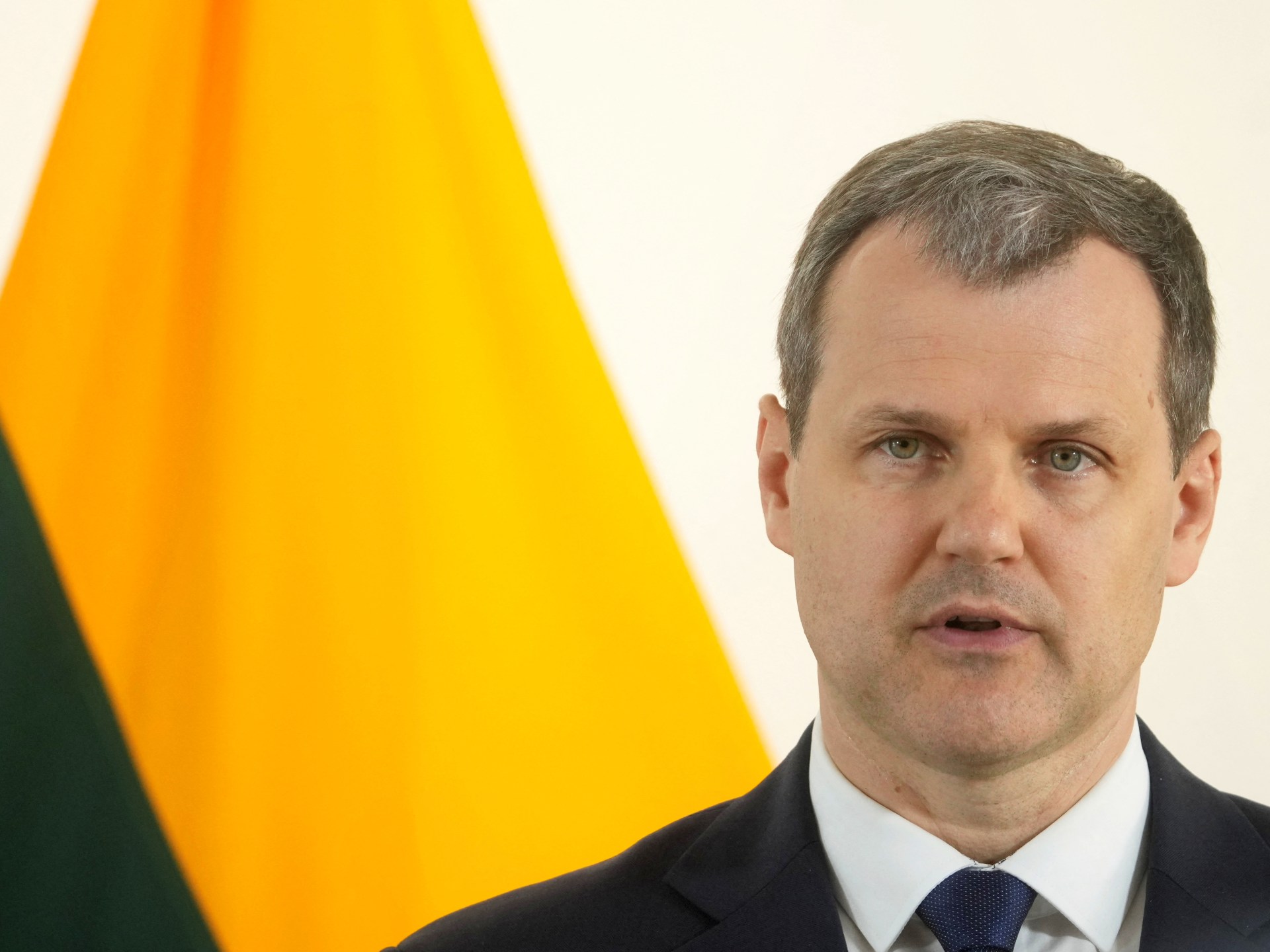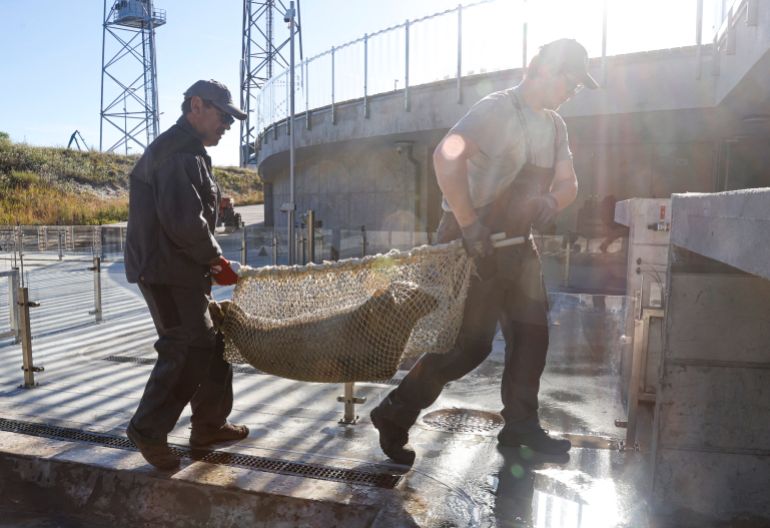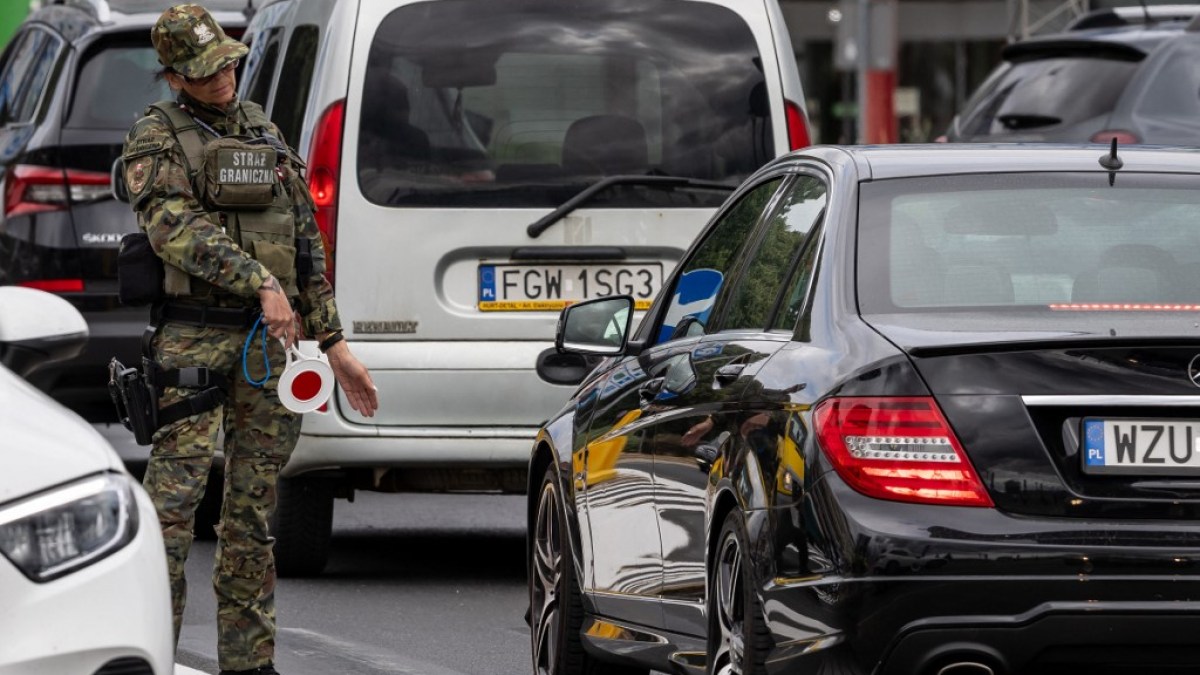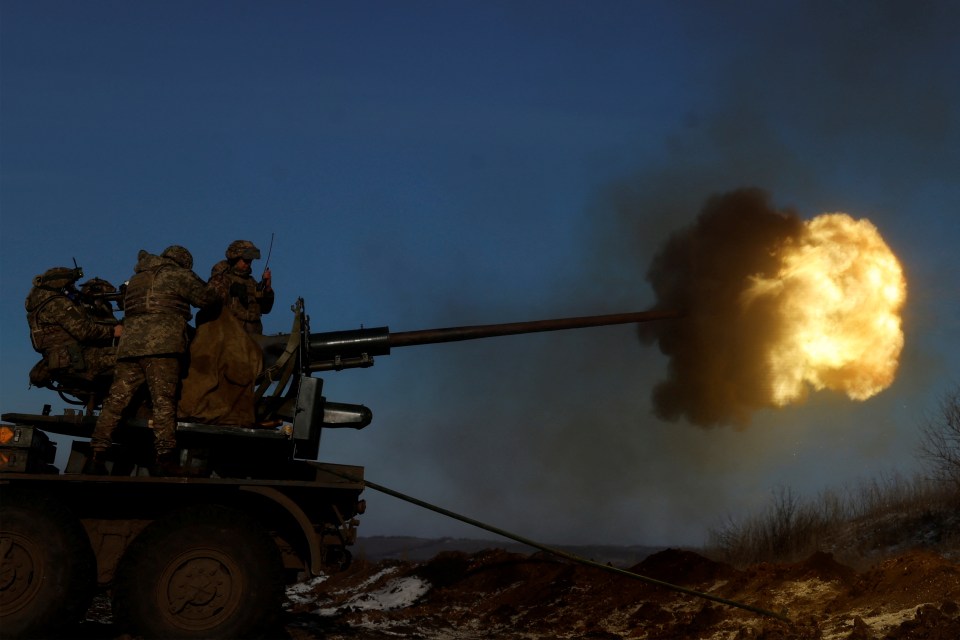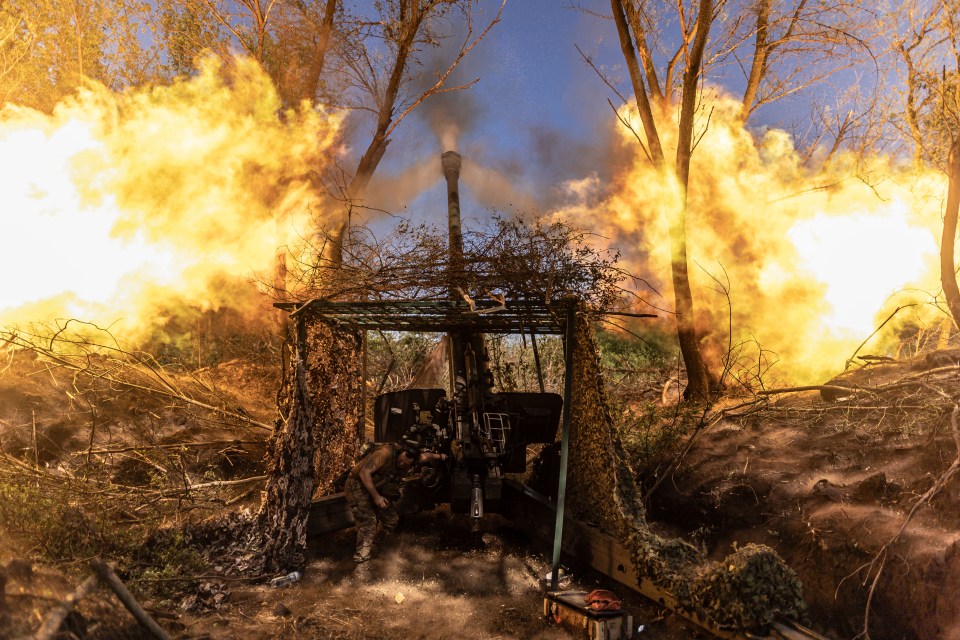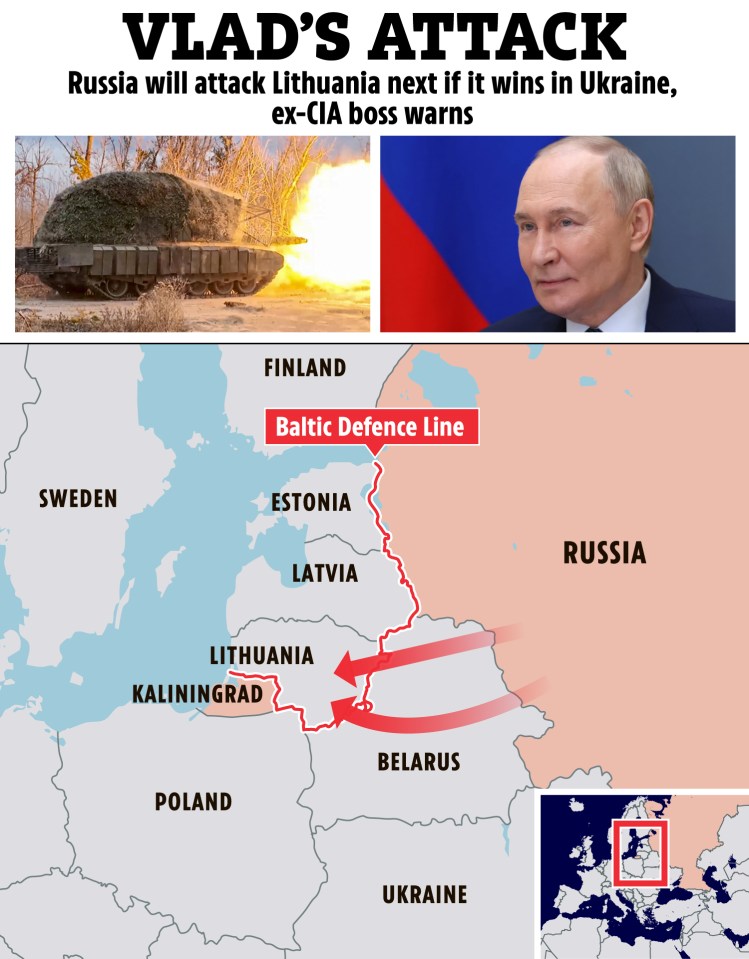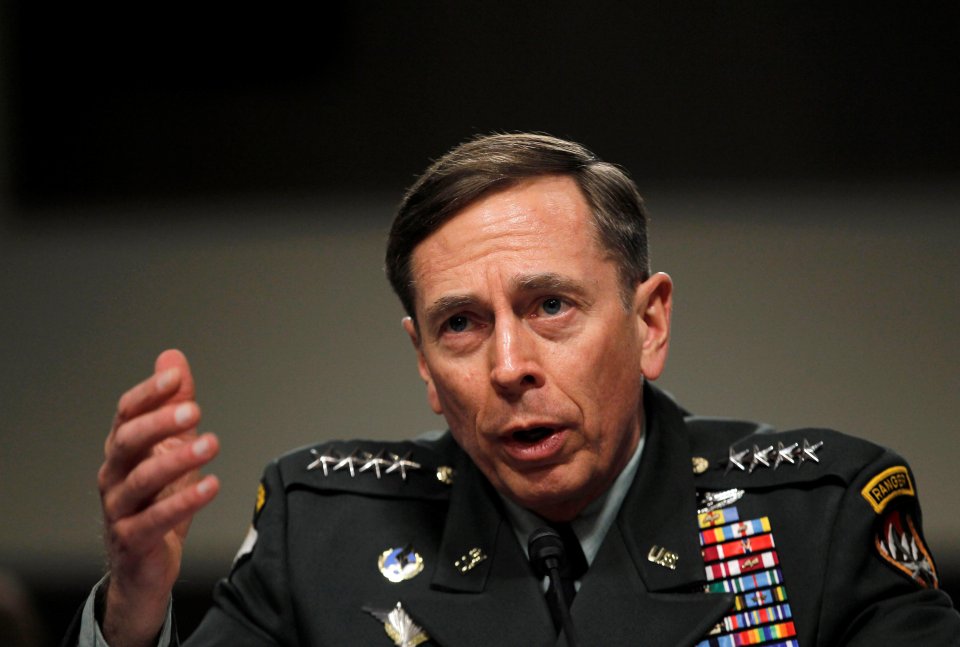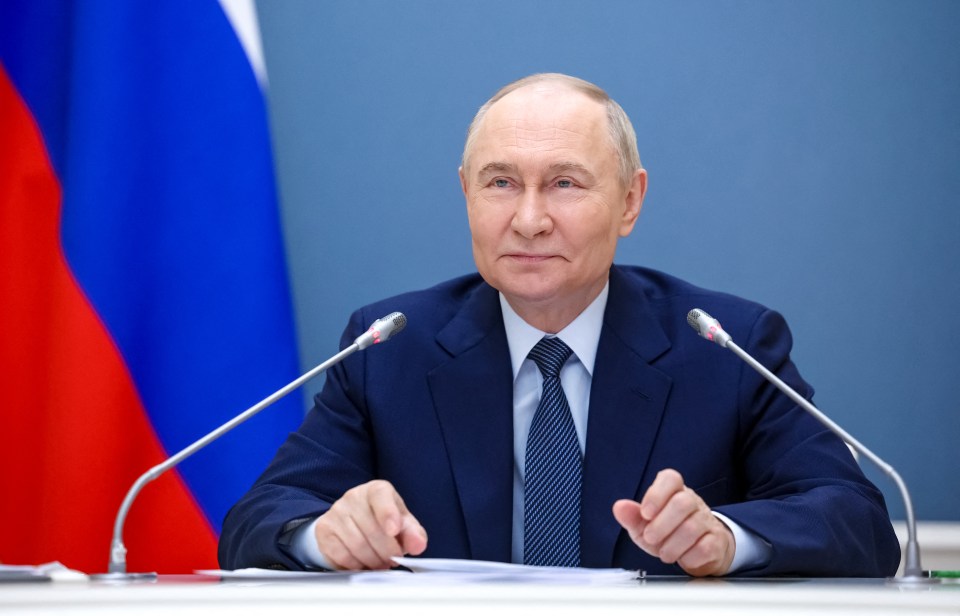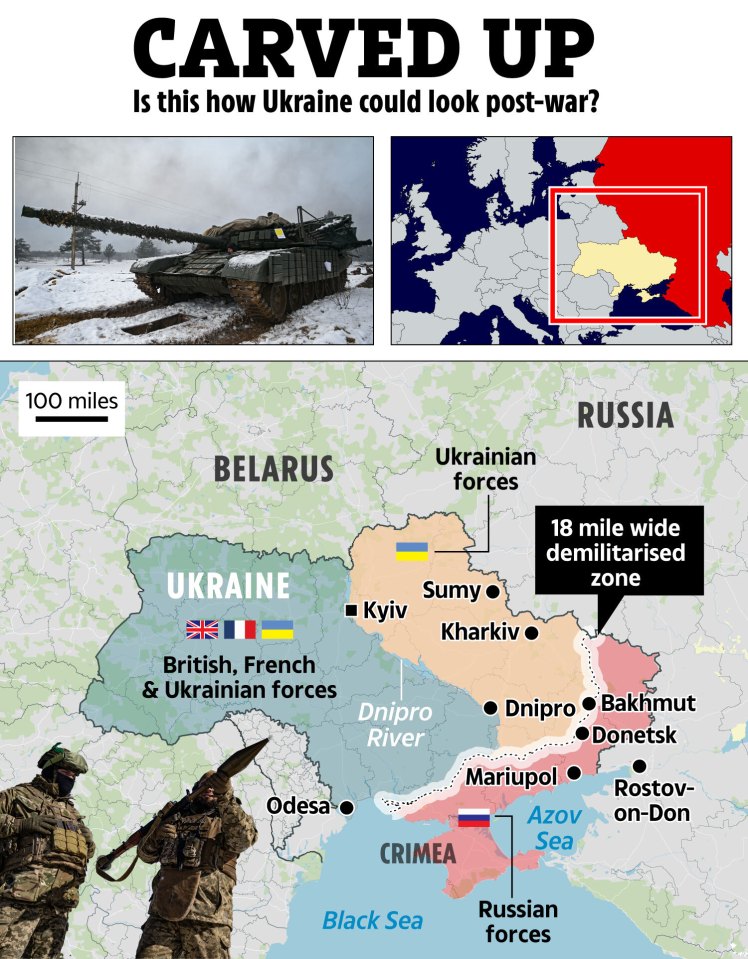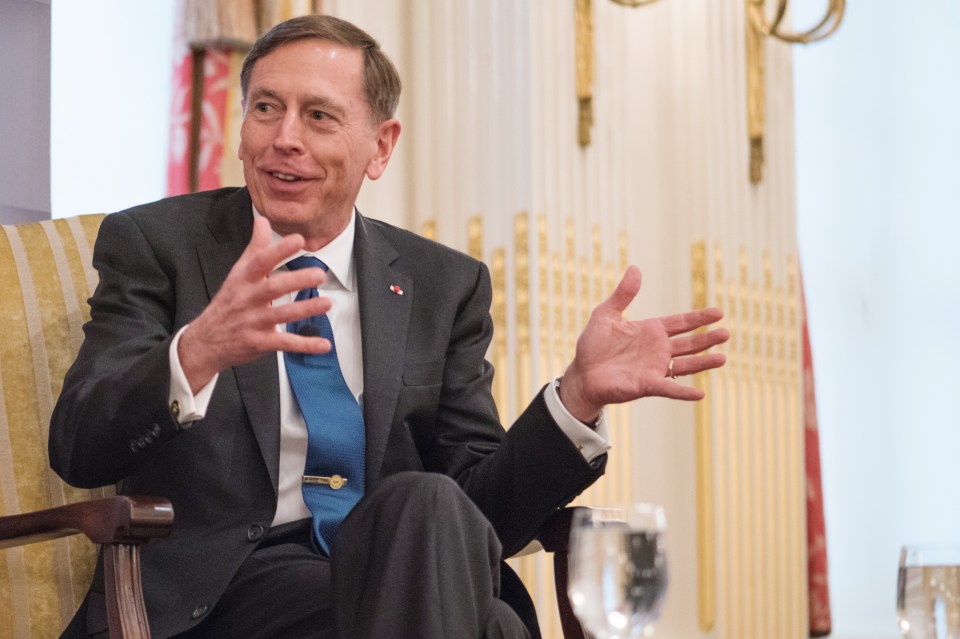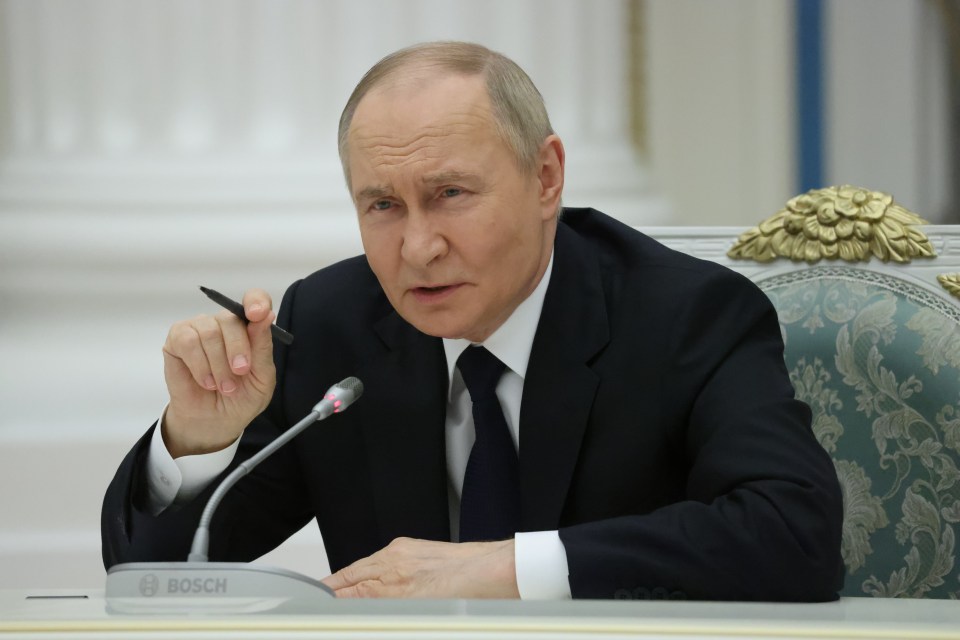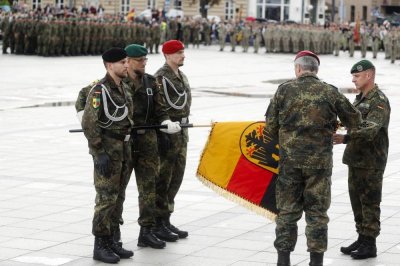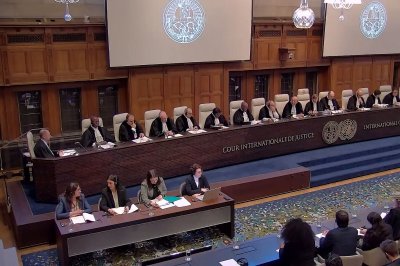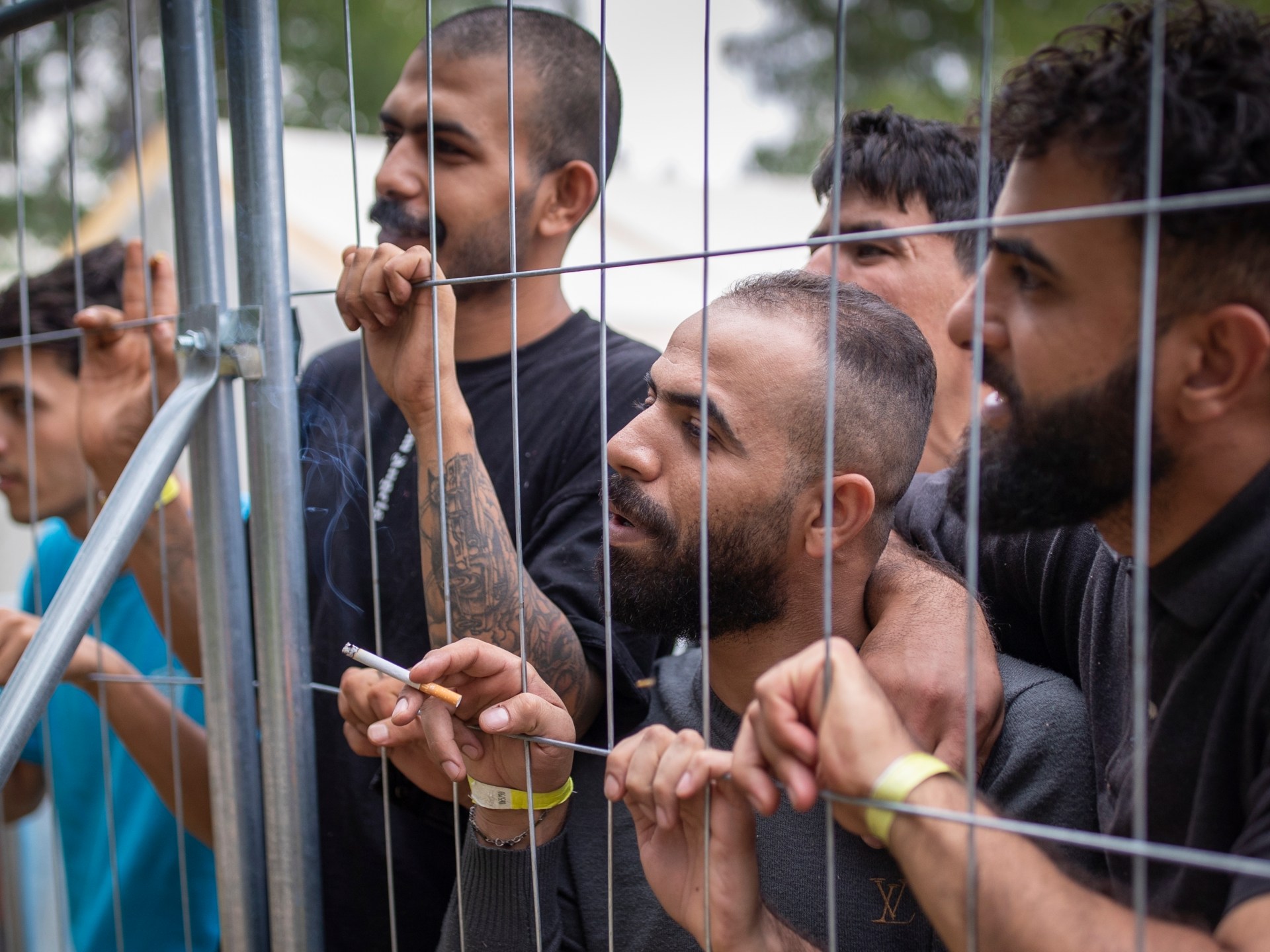There are plenty of great destinations to try out for solo travellers but there is one European country that stands out above the rest and even better it is only a three hour flight from the UK
The prospect of solo travel can be intimidating for many, with the thought of a lengthy and uncomfortable journey often serving as a deterrent. There’s a common belief that an individual must venture far and wide to experience new flavours, immerse themselves in cultural activities, meet like-minded individuals, or delve into a country’s rich history.
However, it appears that these experiences can be found much closer to home – specifically, in Europe. Lithuania ticks all these boxes, and the best part is, travellers don’t have to endure a long-haul flight.
While embarking on a solo adventure to distant locations, like Australia or Thailand, is undoubtedly an extraordinary opportunity, planning such these trips can be time-consuming and the journey itself can be quite exhausting, especially when travelling alone.
On the other hand, hidden gems like Lithuania offer a significantly shorter travel time, with flights from the UK capital taking less than three hours, reports the Express.
What’s more, Vilnius Airport’s proximity to the city centre means it takes just half an hour to reach the number of hotels and hostels available, allowing solo travellers to maximise their time exploring the city’s heart.
Another crucial factor for those considering embarking on a solo travel adventure is ensuring the destination is safe and easily navigable.
In Lithuania, visitors can rest assured that they will feel secure, regardless of their chosen accommodation.
Based on the Institute for Economics & Peace 2023 Global Peace Index, Lithuania has surpassed its neighbouring countries Latvia, Estonia and Poland when it comes to overall safety.
Meanwhile in the 2024 study, Lithuania jumped six places to 31st in the rankings beating the likes of Poland, Italy and the UK.
For travellers keen to dive deep into Lithuanian culture and perhaps extend their stay for a more substantial visit, there are numerous options to explore.
Vilnius serves as Lithuania’s capital, and the historic old town stands out as the must-see attraction, earning praise from TripAdvisor users with an impressive 4.6-star rating.
One visitor enthused: “Loved walking around to see the charming old town and its establishments. My visit was in December during the Christmas season so the visit was extra special. Many good shops to visit and tasty food to try! Would definitely recommend it as there must be something for everyone.”
Another traveller said: “Vilnius old town is an architectural gem. There are many styles but the stand out is the Baroque period of building. It’s fascinating to go from medieval to Baroque in the street and to have such a rich cultural history laid before you. Also, the terrain is undulating with some steep hills which gives it an other dimension.”
A third visitor shared: “We explored the old town with a local expert, as part of an Insight Vacations ‘Northern Capitals’ tour. Lovely old buildings and so much history!
“Some of the shops are excellent for gifts etc, including amber. We had an excellent dinner at a local beer restaurant (also had other beverages) – most enjoyable!” The KGB Museum (Genocido Auku Muziejus) ranks as the second top-rated spot on the travel review platform.
This niche museum is devoted to documenting the 50-year Soviet rule over Lithuania.
A visitor remarked: “This is a fairly small museum but is packed with information exposing some of the horrors of Lithuania’s past right up to the 1980’s. The price to enter was six euros per person and we easily spent 2.5 hours there.
“So much to read & look at but if you prefer you can pay for an audio tour which I believe was around 20 euros. Included in the price you can visit the cells & outdoor yard space downstairs, there were far more than I was expecting which gave a grim but interesting insight into what took place here.”
Another added: “What an experience. We didn’t really know much about the history of Lithuania and the Soviet Union and this was very informative and disturbing.”
A user said: “We booked an English tour beforehand. We were so glad we did. The tour was just for the two of us and the guide was excellent. He answered all our questions and gave us a really comprehensive explanation of how the building was used by the KGB.”
Where to stay in Lithuania?
Securing an apartment or even a whole cottage is straightforward, and luxury five-star hotels begin at a mere €150 (£130) per night. Additionally, Lithuania boasts a selection of hostels for those on a budget.
The sun isn’t the only source of radiant positivity during Lithuania’s summer. The locals exude such a cheerful vibe that Lithuania clinched the top spot for individuals under 30 in the annual World Happiness Report, ranking 16th overall.
Lithuanians are immensely proud of this accolade and are eager to share their warmth and joy with solo travellers keen to explore the marvels of Lithuania and its rich culture.
How to reach Lithuania?
Numerous UK airports offer flights to Lithuania. From London, you can jet off to Vilnius, Kaunas, and Palanga.
These direct flights take approximately two hours and 45 minutes. On average, these flights are priced at £57, with budget airlines like Wizz Air and Ryanair offering services to Lithuania.
For those in Manchester, Belfast, Birmingham, and Edinburgh, you’ll need to catch a connecting flight via London before heading to the Balkan nation.
